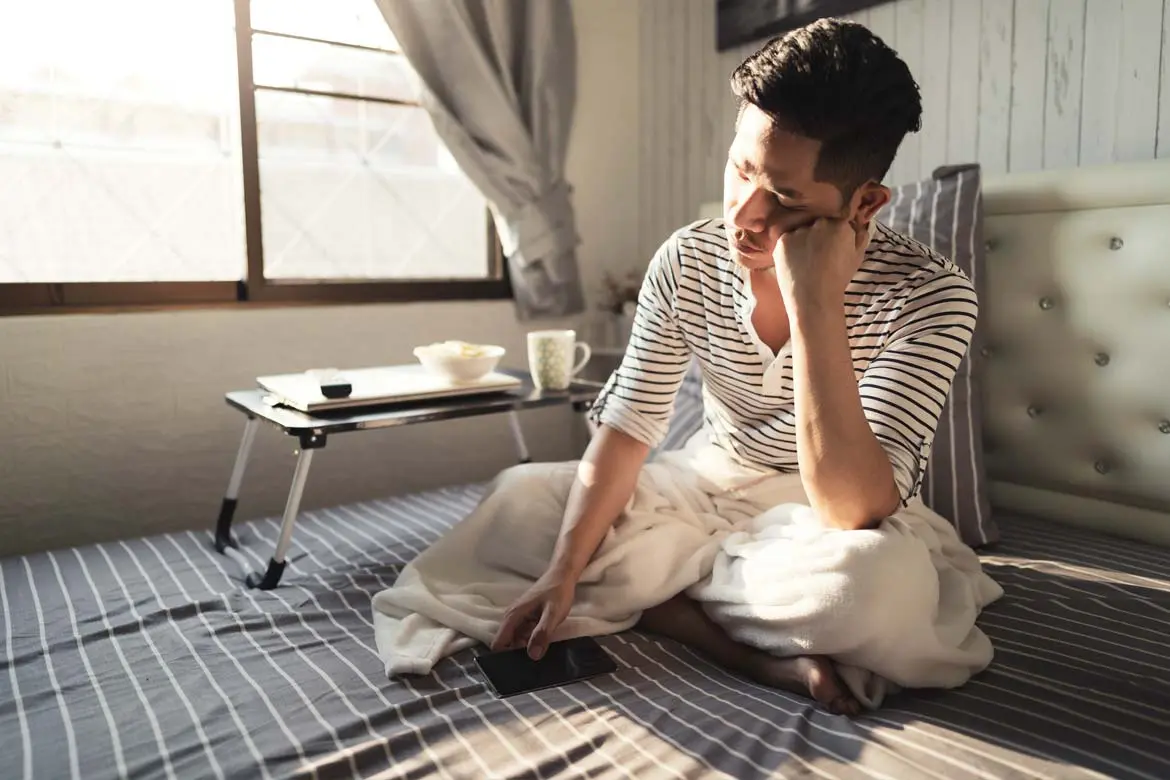Joy Marie Lim
Medical Advisor


Source: Getty Images and Shutterstock
Medical Advisor
With the recent change in our healthcare protocols, individuals with mild or no symptoms are now allowed to self-isolate early and recover at home. Those who have tested positive will be asked about their living arrangements and be given advice by the authorities on whether it is safe to isolate at home, or if they should be taken to a community isolation facility.
Whether you are self-isolating in a community isolation facility or at home, it’s not just your physical health you have to take note of – your mental well-being is just as important. Here are some tips on taking care of yourself while in isolation.
Being cooped up in a small space alone can make us inactive, which can have implications on our health, mentally and physically. Do make it a point to do some simple exercises at least, such as stretches, aerobics, or yoga. It can also help you fight that sense of boredom that can stem from being stuck indoors for a prolonged period. You can try using fitness trackers to monitor key stats such as fitness, oxygen, or even stress levels!
This will be the perfect time for you to take up a new hobby or really dedicate your time to revisit something you’ve always had an interest in, but perhaps never really found the time to enjoy. You could also use the time to pursue self-improvement – that is, to learn new skills, or something that can improve your life, employability, or just something you know you’ll have fun learning.
Self-isolating for a prolonged period of time can sometimes be difficult and even stressful. While you may be required to stay in your room and away from others, you can still remain connected with family and friends virtually though phone calls, emails, text messages and video chats. Try to maintain communication with your friends and loved ones in or outside your home – you can express your emotions, talk about happy things, or simply be there for each other.
In the digitalised world that’s been teeming with news and updates about the pandemic, it’s easy to be overwhelmed by the sheer volume of knowledge – knowledge that tends to be not too positive – especially when you are cooped up in a room. This can sometimes lead to increased anxiety levels. Instead of spending your time watching the news too much, or scrolling through your newsfeed mindlessly, try looking for must-know information on websites such as the Ministry of Health, and limit the amount of news you consume. The key is to know what’s going on around you but not let it overwhelm you.
Being isolated can take its toll on people, both physically and mentally. In Singapore, if you are required to self-isolate, you will have easy access to professional support, such as a quarantine buddy, counsellors and telemedicine operators. While we should try not to overload our healthcare heroes, if you, at any point, find that you need professional support – do not hesitate to seek help.
While self-isolation may not be the most ideal or comfortable arrangement for many, it is a way to help keep the people around us safe, so that we can work towards thriving in the new normal. Through it all, remember that we can do our parts to make the best of the situation – and perhaps even make isolation an exciting time to take a break from the hustle and bustle of life, or a time to improve ourselves. Most importantly, do take note of your mental well-being – remember reaching out is always okay.